Equality Without Distinction: stop letting labels do the thinking
Introduction
We talk a lot about equality—gender equality, racial equality, marriage equality. But what if real equality meant more than just balancing the scales between categories? What if it meant removing the categories altogether?
That’s the heart of a philosophy I’ve come to call Equality Without Distinction. It’s not a slogan. It’s a mindset. One that asks us to stop defining people by the labels society assigns—gender, race, class, belief—and instead to value them by their choices, actions, and contributions.
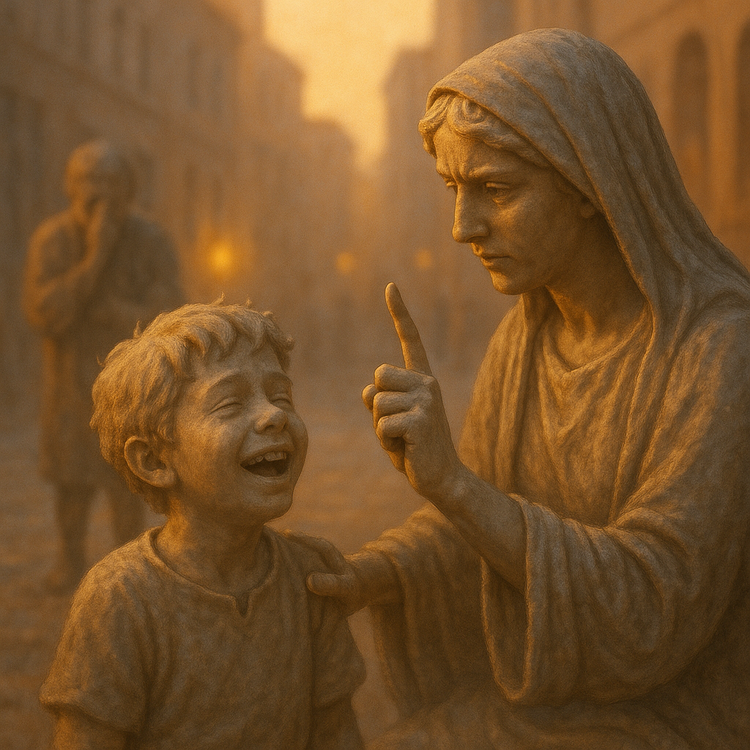
The phrase didn’t come to me all at once, but the seeds were planted early. I remember walking down the street as a child with my mum and brother. We passed a man with a bald head and laughed. My mum stopped us and said sharply, "Don't laugh at people just because of how they look." That stayed with me. I didn’t have the words for it then, but I was learning that judgment starts with labels—and equality starts with choosing not to use them.
As I grew older, I noticed how often society forced people into boxes. In workplaces. In classrooms. On the news. Every interaction seemed to come with a label attached—who someone is, where they’re from, what we assume about them. Even now, listen to how often women are introduced on TV as someone’s wife, as though their identity must come with a qualifier.
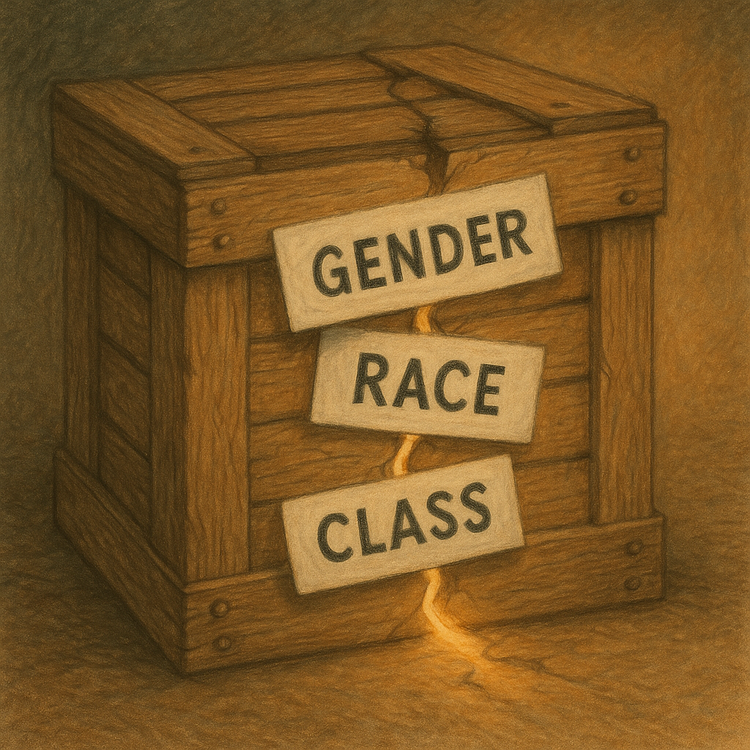
When I wrote History Waits to Be Heard, a book about the women history erased, I kept finding the same pattern. These voices were excluded not just because they were women, but because they didn’t fit the systems that need people to stay in their lane. The deeper I went, the more I saw that modern systems still operate that way.
Many people think of equality through the lens of equity—trying to help those who’ve been historically disadvantaged reach the same outcomes. That matters. But it still relies on categories. Equity, in its most basic form, assumes people are defined by what they lack or what they’ve lived through. Equality Without Distinction asks who someone is now, and what they can become.
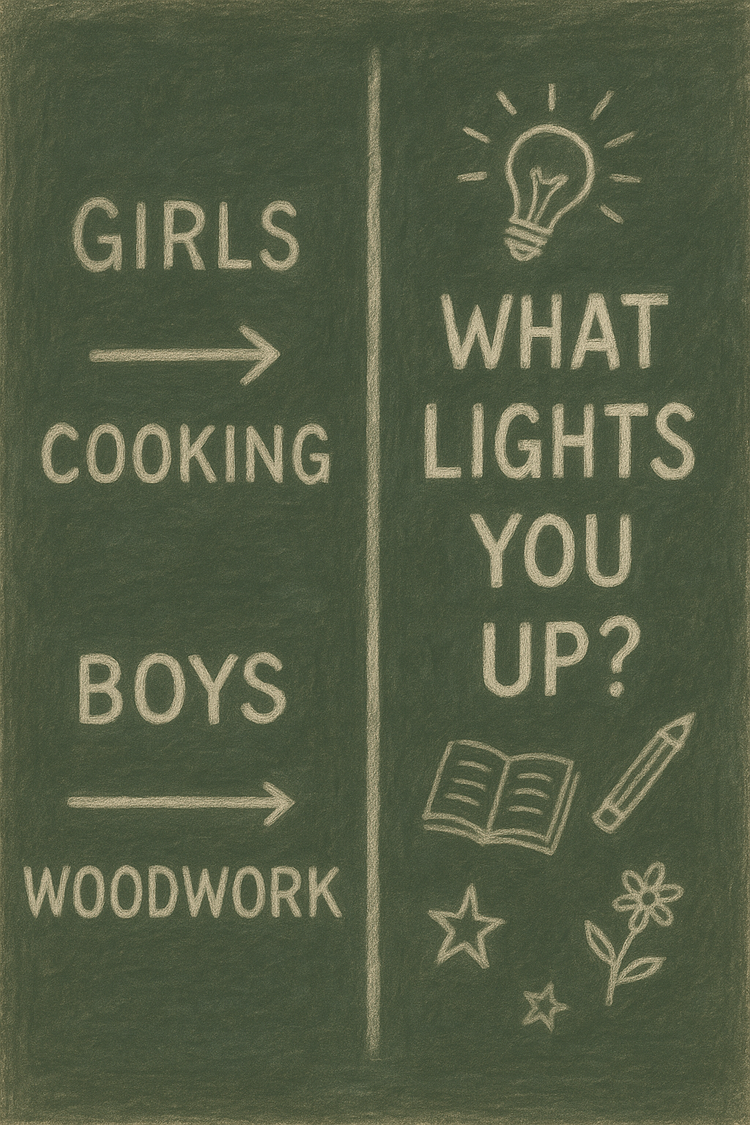
In a classroom, it’s not just about teaching reading or writing. Those are essential, of course—but so is making room for individualism. Teachers shouldn’t treat everyone the same in a robotic sense. Instead, they should treat every student with the same level of respect—while recognising their unique interests and abilities. How many great engineers did we lose because girls were told to do cooking instead of woodwork? How many brilliant carers or designers were lost because boys had to do metalwork? What if we taught life skills and asked students: What are you passionate about? What lights you up?
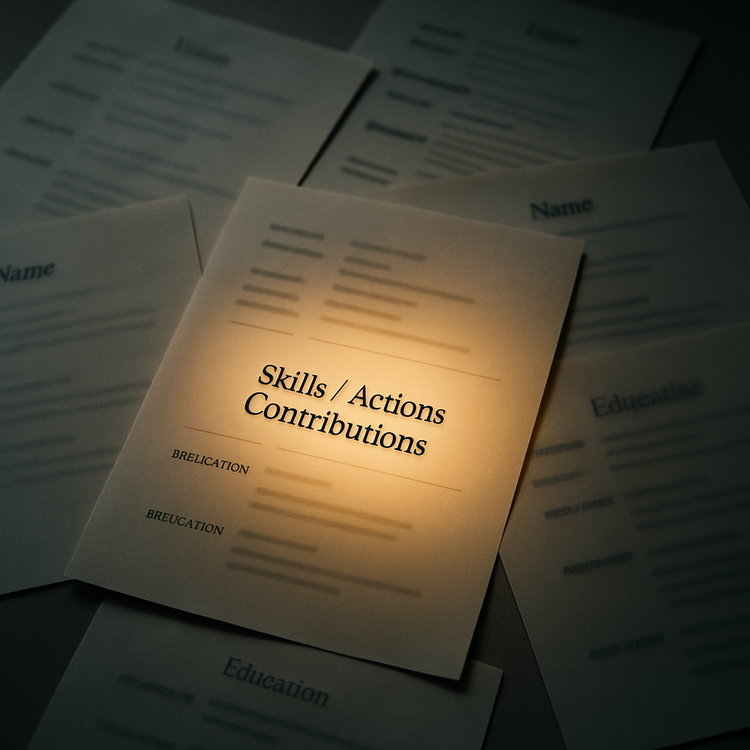
In a hiring process, what if the first round of applications omitted details like name, gender, ethnicity, or religion? What if we based interviews solely on relevant experience, transferable skills, and potential? The person most suited for the role—not the person who checked a diversity box—would get the opportunity. That’s real fairness. And while diversity and inclusion initiatives were meant to help, their growing politicisation—and even rollback, particularly in the U.S.—shows that forcing equality through legislation alone may never be enough. Perhaps by removing the labels altogether, we can truly start working toward an inclusive society.
Some argue that labels are useful. And they can be. A doctor, a teacher, a firefighter—those are functional labels that describe skills. Even personal labels like vegan or Christian help explain a person’s perspective or needs. But they should be chosen, not imposed. Labels can explain—but they shouldn’t define. If we must use them, let’s use them with consent, not assumption.
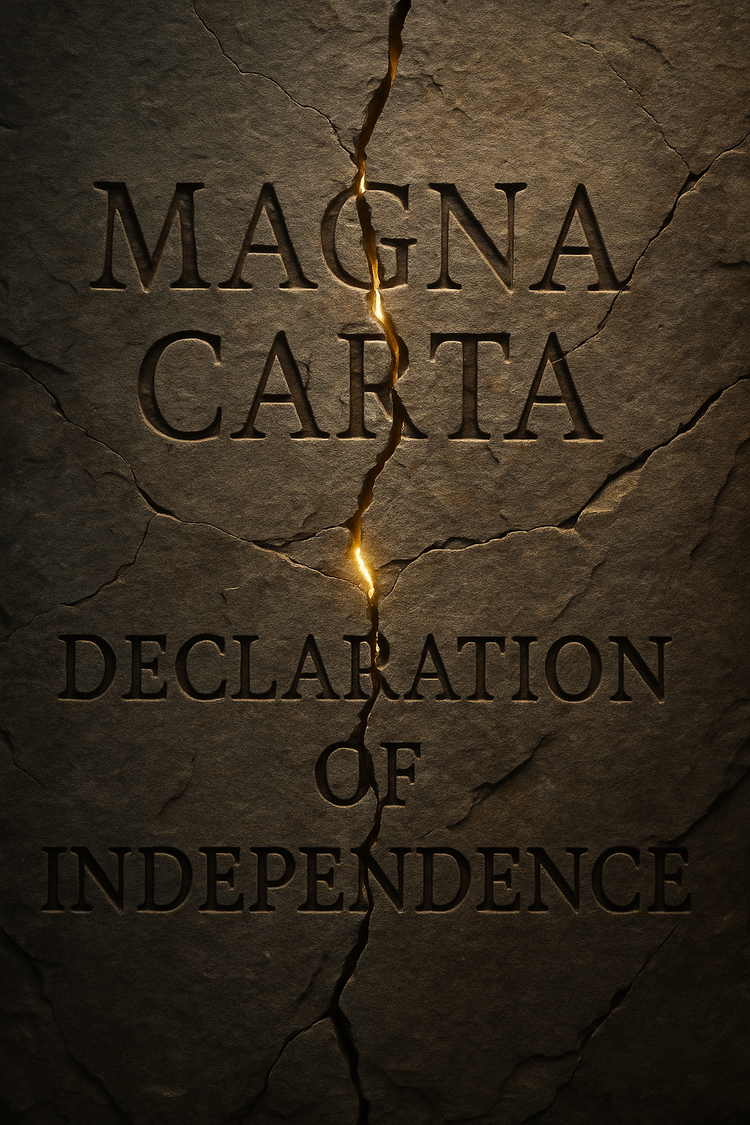
What do I see in the world today? In short, regression. Or at least, a backlash to progress. Across the UK and US, nationalism and anti-immigration rhetoric are louder than ever. We seem to have forgotten that, unless we’re descended from Britain’s original inhabitants, most of us are the children of invaders or immigrants. And in the US, basic human rights are under such threat it’s hard to know where the road to recovery begins.
Some people still want true equality. But in my experience, most want to feel like they’re on the right side of it. There’s a lot of performance and very little practice. Companies slap DEI statements on their websites, but the culture inside doesn’t change. School systems promise fair treatment, but still teach from one perspective.
I often ask myself: What’s an example of society ‘performing’ equality rather than living it? The U.S. Declaration of Independence comes to mind. Or the English Magna Carta. These historic documents introduced noble ideals—equality before the law, liberty for all—but only for a select few. The Magna Carta’s rights applied to “free men,” excluding women and serfs. Today, equality statements in schools or businesses often carry a similar subtext: “We’ll treat you the same as us despite the labels we’ve placed on you.” That’s not equality. That’s tolerance dressed up as fairness.

The question isn’t whether equality is possible, but whether we’re ready to see beyond the labels.
So what now? I’m not trying to start a movement. I’m asking a question. When you see someone different from you—someone whose name, accent, or lifestyle you don’t immediately relate to—do you treat them the way you want to be treated? And if not, why not?
If I could talk to a reader directly, I’d ask: How do you look at others who are different from you? Do you treat them with the same dignity and respect you expect? What, if anything, can you do to encourage Equality Without Distinction? Do you want it?
I believe there needs to be a shift in how society views and treats those who don’t fit its neat categories. And although history shows that change happens slowly—glacially, even—we still need monumental change. If just one person takes something meaningful from this idea, I’ll be hopeful. But ultimately, I want to spark a wider discussion. I want to question the framework.
This philosophy has changed me. It’s helped me see stories I never would have noticed. In my writing, I try to bring forgotten or ignored voices to light. I don’t look for stories that confirm what we already know. I look to question traditional perspectives. We don’t need to blindly follow what we’re told or what others believe.
We’re all different—and that’s what should be celebrated, not used to divide or suppress us. We don’t need to live in systems built centuries ago. We can choose a different lens. Because real equality isn’t about giving everyone the same label. It’s about refusing to need one at all.
The voices we’re bringing to life deserve care, precision, and authenticity.
Thank you for standing with us as we carry the torch forward.

